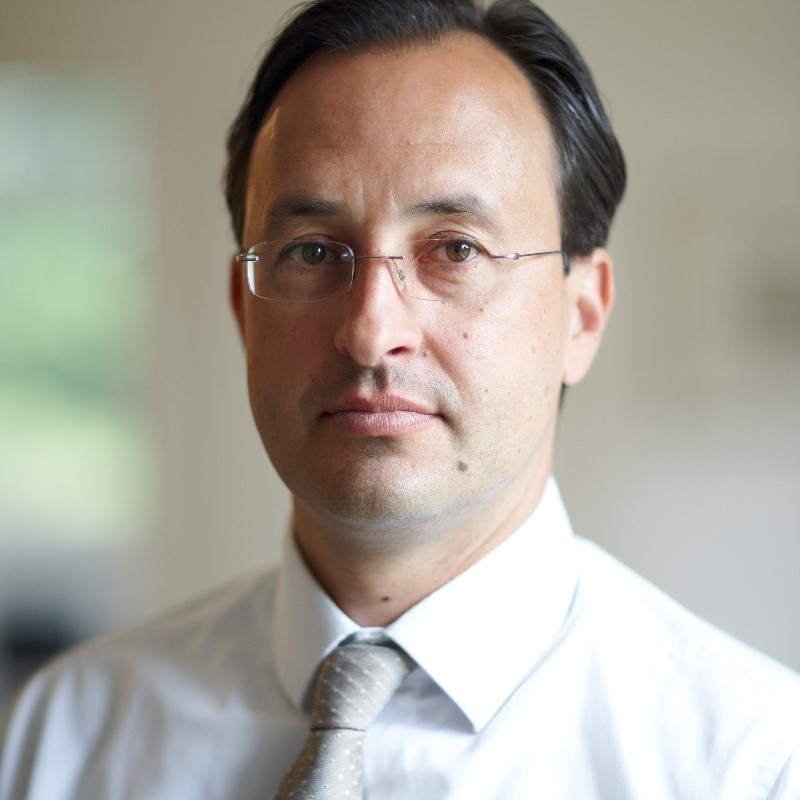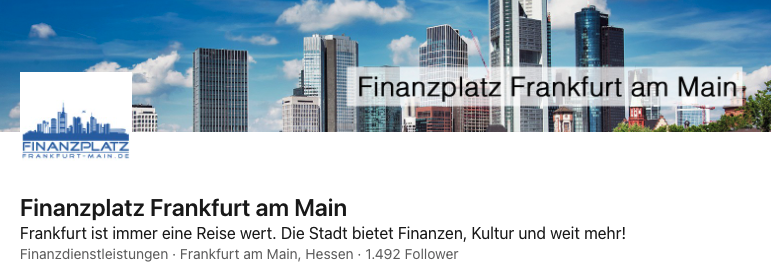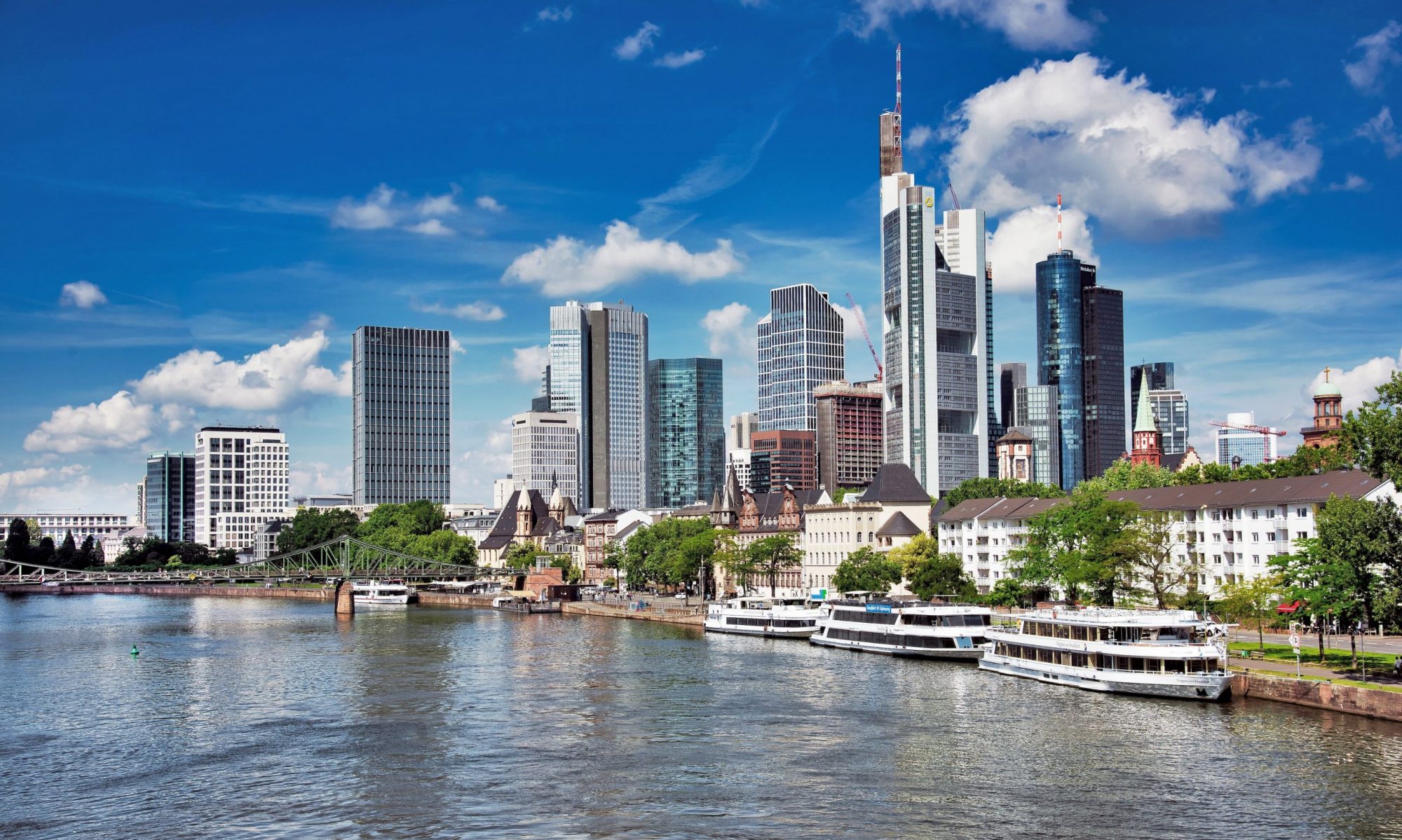Frankfurt – Technology, Tolerance & Talent. Markus Hill spoke for FINANZPLATZ-FRANKFURT-MAIN.DE with Ulrich Siebert, „Frankfurt lover“, founder and consultant, about topics such as communication, the topics like blender models (Wirecard & Co.), and the multidimensional image of the financial center. Also addressed were location qualities in the areas of startups, investors, infrastructure, and digitization. Remarks on the „creative class thinking“ of Richard Florida and concrete thoughts on the topic of the Frankfurt Zeil and the pleasure of exchanging ideas appear to be additionally interesting.
Hill: Mr. Siebert, you are a Frankfurter with a colorful Frankfurt vita: author of the FAZ book Blenderwirtschaft, co-organizer of the Sound of Frankfurt music festival still present in many people’s minds, communications consultant for almost 20 years, and operator of the Landfest day bar on the Zeil for about two years. How does all that fit together?
Siebert: You’ve still left out a few activities. The variety motivates me. Ultimately, everything revolves around the realization of ideas and entrepreneurial projects. And these are mostly communication topics. I wrote the volume Blenderwirtschaft during the turbulence of the Neuer Markt in 2002.
Hill: That was when you were still a financial journalist covering the stock market and funds. What is a bubble economy for you?
Siebert: I was interested in recurring patterns that incorporate bubbles. The confessions of the notorious Frankfurt construction tycoon Jürgen Schneider had affirmed this. That was in 1995. Schneider wrote a blueprint for Blender models while in prison. In 1999, the FlowTex scandal broke, the biggest financial fraud in the Federal Republic up to that time, with patterns similar to Schneider’s. Then EM.TV, Comroad – and all the other windy stock market debutants. By 2005, the Neuer Markt had been wound up and around 200 billion euros of capital had been lost. A century-old Frankfurt bank name also disappeared with the Neuer Markt: Gontard. Next came the S&K investor scandal, which was unsurpassable in terms of scurrility. Now, in 2020/2021, we have the Wirecard bankruptcy, which has eclipsed all regulations.

Hill: What pattern could you see in the inflated business models of 20 years ago?
Siebert: Every deception and being deceived happens in a continuity, builds up, and has a lot to do with acquired industry practice, with stereotypes, insignia/seals, and the pretense of authenticity. It is precisely when the framework is stable and there is an accumulation of big names that endangerment situations arise. Likewise, I had observed the paradox: The more capital is involved, the more likely it is that dazzle works succeed. I could identify three indicators in particular: 1. cult of personality, 2. exaggerated market promises, 3. cronyism as too close, direct communication between buyer and seller. But I find it particularly regrettable when the Frankfurt skyline is often used as a symbolic image in scandal reports.
Hill: Such impressions do not necessarily help the image of Frankfurt as a financial center.
Siebert: Exactly. The financial center has always been much more. It was able to develop from a diverse, lively civic center. In the meantime, it has become a globally respected emerging start-up region for FinTechs in the activation phase. Frankfurt has an excellent campus, 30 incubators, tens of co-working spaces as talent hotbeds, and direct access to investors, venture capital, and business angels. Expanding this potential cannot be overestimated. The Corona pandemic is driving the digitization of the offline economy all over the world. This opportunity for Frankfurt needs to be spoken about much more clearly, not hidden away in repurposed office towers. Incidentally, this is an interesting prospect for the pandemic-plagued Frankfurt real estate market.
Hill: Compared to the Rhineland, Berlin, or Hamburg, people often complain that Frankfurt is not hip. Does it have to be?
Siebert: A cultural climate, education, and an attractive living environment are certainly essential for prosperous urban development. Richard Florida’s much-discussed theory that prosperity only comes from the settlement of the creative class is still convincing to me. It comes down to the three „T’s“: technology, tolerance, and talent. With cultural diversity and active subcultures, new ideas for networking, technologies and new business models are emerging that can attract talent and move the financial center forward as a start-up region in particular. Now that Frankfurt is hardly a driving force in the music, automotive, and advertising industries – not entirely through no fault of its own – the first Fashionweek from Berlin in Frankfurt could initiate a turnaround. I can well imagine that the mixture of lifestyle, business platform, and sustainable textile technologies will go down very well in Frankfurt. Also as a signal of new beginnings for the textile trade in the city.
Hill: For the last ten years, you had lived and worked on an estate in the Wetterau region. Recently, you moved back to the city center. Why the change, is something changing in the city right now?
Siebert: For centuries, city dwellers have been trying to move to the countryside in a pandemic. My wife and I wanted to do it differently. No, all jokes aside. The reason is simple: I had accompanied the project development for the Zeil 111 commercial building and after completion opened the Landfest day bar with my wife. The property is a mixed concept of residential, medical practices, the Hirsch pharmacy, the flagship store of G-Star, gastronomy, photo studio, and beauty. Our distances are simply much shorter with the move, and we can bring our regional producer contacts or our cooperation with the Prinz von Hessen winery directly into the city. What I find interesting is the aspect that city life only functions through the land, especially through food production but also through fresh air supply and biodiversity. So, strictly speaking, sustainability has to be an urban issue.
Hill: Is Zeil the right location, it is neither a financial district nor does it stand for sustainability?
Siebert: The pace of the Zeil and its pedestrian frequency stand above all for change. A lot will happen here in the next five years. Even if textiles and department stores will no longer characterize the Zeil to the same extent as in past decades, it is undoubtedly the consumer and supply center in Frankfurt. However, many of our Frankfurt guests in the day bar say that they would rather avoid the Zeil and that they are surprised to have found us here. That shows me the deeper desire for smaller-scale, mixed uses whose individuality and spirit complement the online world. This will bring new retail concepts that do not compete with Amazon, but also a lot of structural change to the Zeil. Just as the Karstadt area will no longer exist in 2025.
Hill: Will Frankfurt’s city center be different after Corona?
Siebert: This question is indeed very much on my mind, and not just as a restaurateur. In the short term, I can well imagine that, despite some vacancies, even in prime locations, things will continue as they were before the 1st lockdown, even if many tourists and trade fair visitors will be missing. Luxury labels and discounters are likely to be the most resistant. In the long term, however, the consumption structure will change fundamentally in the direction of supply, service, health, and logistics. Climate change, heating up of city centers, air pollution, and sustainability in supply chains will also drive changes. I can well imagine that Frankfurt will once again have a stronger residential component because many large retail and office spaces will simply no longer be playable and real estate will have to be replanned. This will not only require a lot of creativity, but the change will also release a lot of creativity for prototypes of new business models.
Ulrich Siebert – „Frankfurt lover“, founder as well as a consultant in numerous communication, innovation, and real estate projects. Owner of LANDFEST TAGESBAR: www.landfest.de (Frankfurt Zeil 111) / www.siebert-unternehmesberater.de




2 Antworten auf „FINANCIAL CENTRE FRANKFURT: dazzling economy, real estate, startups, sustainability & networking (Interview – Ulrich Siebert, author, restaurateur, Frankfurt)“
Die Kommentare sind geschlossen.